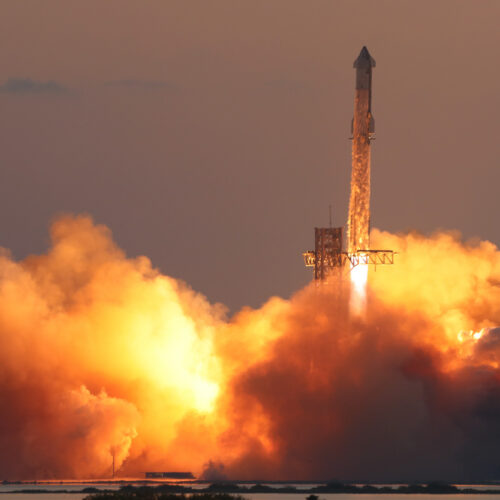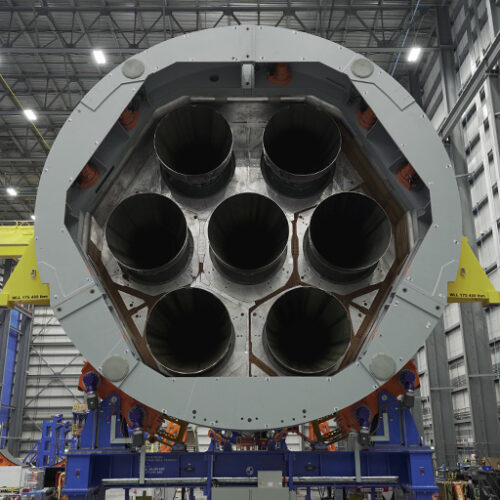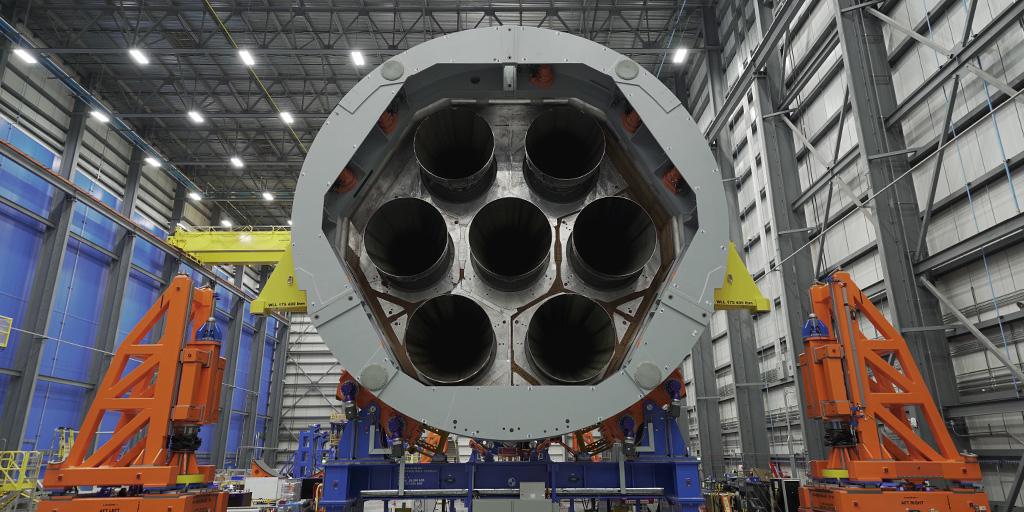Rocket Report: Australia says yes to the launch; Russia delivers for Iran
Welcome to Edition 7.19 of the Rocket Report! Okay, we get it. We received more submissions from our readers on Australia's approval of a launch permit for Gilmour Space than we've received on any other news story in recent memory. Thank you for your submissions as global rocket activity continues apace. We'll cover Gilmour in more detail as they get closer to launch. There will be no Rocket Report next week as Eric and I join the rest of the Ars team for our 2024 Technicon in New York.
As always, we welcome reader submissions. If you don't want to miss an issue, please subscribe using the box below (the form will not appear on AMP-enabled versions of the site). Each report will include information on small-, medium-, and heavy-lift rockets as well as a quick look ahead at the next three launches on the calendar.

Gilmour Space has a permit to fly. Gilmour Space Technologies has been granted a permit to launch its 82-foot-tall (25-meter) orbital rocket from a spaceport in Queensland, Australia. The space company, founded in 2012, had initially planned to lift off in March but was unable to do so without approval from the Australian Space Agency, the Australian Broadcasting Corporation reports. The government approved Gilmour's launch permit Monday, although the company is still weeks away from flying its three-stage Eris rocket.
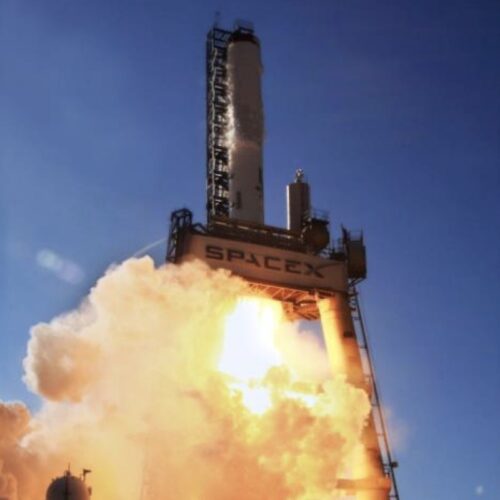
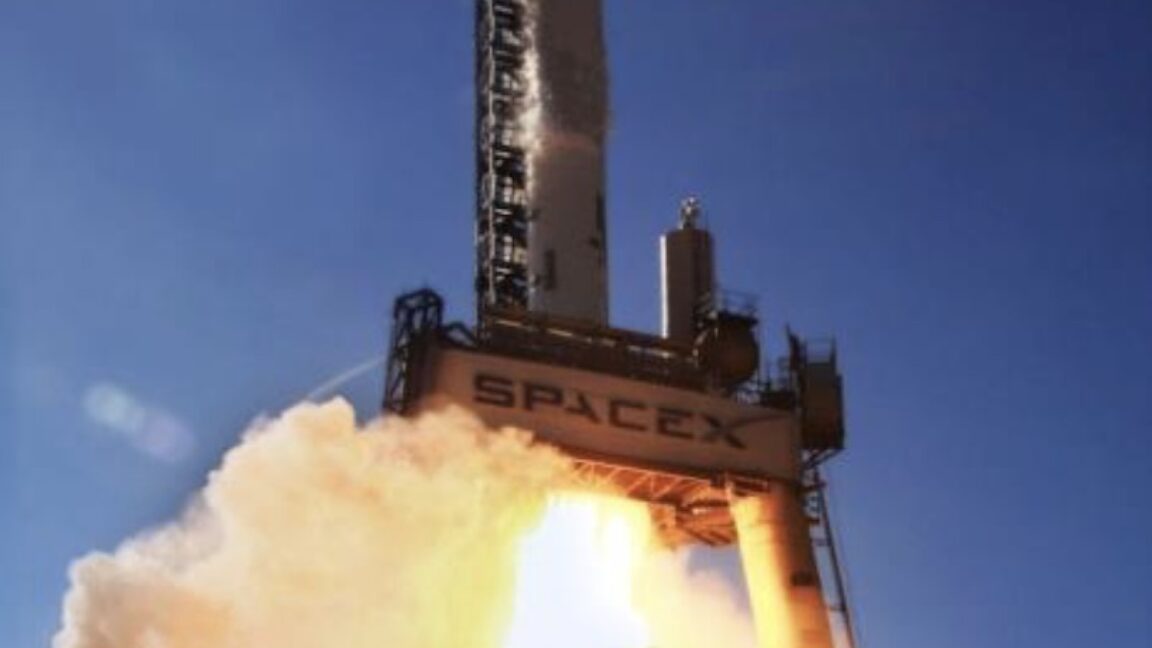
© SpaceX
